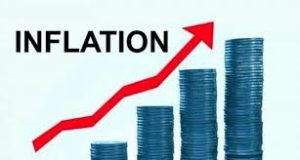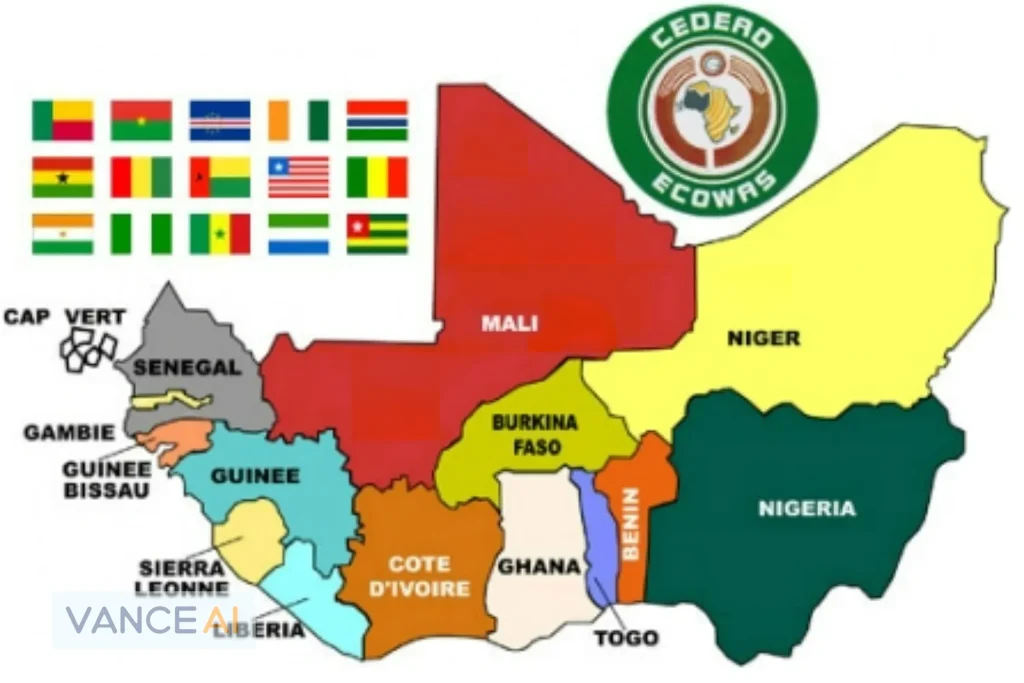 Nigeria is currently grappling with a severe inflation crisis that is affecting the daily lives of millions. The latest figures released by the National Bureau of Statistics (NBS) show that inflation rose to 15.6% in December 2021, marking one of the highest levels in recent years. Economists are warning that this persistent rise in prices could lead to further economic instability if immediate measures are not implemented.
Nigeria is currently grappling with a severe inflation crisis that is affecting the daily lives of millions. The latest figures released by the National Bureau of Statistics (NBS) show that inflation rose to 15.6% in December 2021, marking one of the highest levels in recent years. Economists are warning that this persistent rise in prices could lead to further economic instability if immediate measures are not implemented.
The inflation surge is primarily driven by rising food prices, which have continued to soar due to disruptions in agricultural production, insecurity in farming regions, and a volatile exchange rate. The cost of essential commodities like rice, beans, and cooking oil has increased significantly, placing a burden on household incomes.
According to the NBS report, food inflation reached 17.4%, largely due to shortages in local supply chains and the ongoing devaluation of the naira. Many Nigerians are struggling to afford basic necessities, and the purchasing power of the average citizen has weakened. The country’s unemployment rate, which remains at a record high of 33.3%, further exacerbates the economic challenges.
As the inflation crisis deepens, economists are urging the Nigerian government to take swift action. Some have called for more aggressive monetary policies by the Central Bank of Nigeria (CBN) to stabilize the naira and control inflation. Others suggest structural reforms aimed at boosting local production, particularly in agriculture, to reduce dependence on imports and mitigate the impact of global price fluctuations.
The Minister of Finance, Budget, and National Planning, Zainab Ahmed, acknowledged the economic challenges and emphasized the government’s commitment to addressing inflation through targeted interventions. The government is also exploring initiatives to reduce insecurity in key agricultural zones and improve local food production to bring down prices.
The Nigerian economy has been hit hard by the dual impact of the COVID-19 pandemic and falling oil prices. With the country’s revenue largely dependent on oil exports, fluctuations in global oil prices have led to volatility in the exchange rate, further complicating efforts to control inflation.
Many Nigerians are hoping for a resolution as food prices continue to rise. For now, economists and policymakers remain focused on finding a sustainable path forward to stabilize the economy.






















